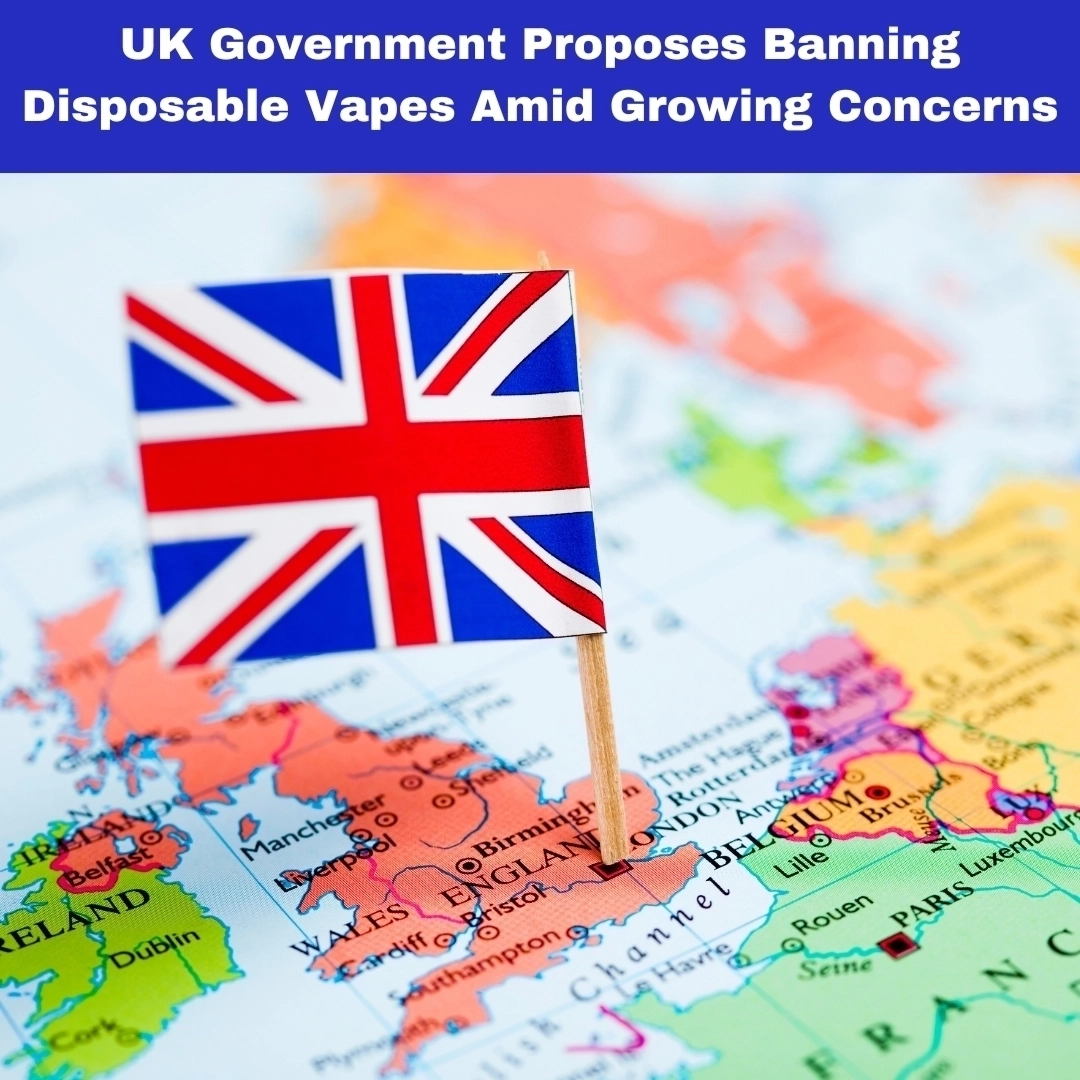UK Government Proposes Banning Disposable Vapes Amid Growing Concerns

In a move that has left many in a somber state, Chancellor Rishi Sunak has announced plans to ban disposable vapes, aiming to curb their use among children. The government is set to introduce legislation, requiring parliamentary approval, to enforce this prohibition and unveil new powers restricting vape flavors, specifically designed to reduce their appeal to the younger demographic.
The governments of Scotland and Wales are also following suit by banning single-use vapes, signaling a unified approach across the United Kingdom. These drastic measures come in response to escalating concerns over the surge in vaping among children, with educators noting signs of nicotine dependency among pupils, impacting their concentration in classrooms.
As part of his commitment to creating a smoke-free generation, the prime minister is set to make it illegal to sell tobacco products to individuals born on or after January 1, 2009. This comprehensive approach includes outlawing vaping alternatives such as nicotine pouches.
Chancellor Sunak expressed the urgency behind these actions, stating, "One of the most worrying trends at the moment is the rise in vaping among children, and so we must act before it becomes endemic." He emphasized the unknown long-term impacts of vaping and the highly addictive nature of nicotine. Despite recognizing vaping as a tool to help smokers quit, Sunak stressed the unacceptability of marketing vapes to children.
However, this sweeping ban on disposable vapes has raised concerns among some politicians. Former Prime Minister Liz Truss argued for a more nuanced approach, suggesting that while the state has a duty to protect children, adults should retain the freedom to make their own choices. Truss urged a reconsideration of the ban, highlighting potential discrepancies in rights based on birthdates.
The proposed measures, following a government consultation launched last year, have garnered support from nearly 70% of parents, teachers, healthcare professionals, and the general public. Enforcement agencies, including Border Force and HMRC, are expected to receive additional funding to enforce these measures effectively.
Despite the acknowledgment of vaping as a public health concern, there is a lingering unease about a complete ban on cigarettes, particularly among politicians on the right. The ban on vaping is seen by some as a positive step from a public health perspective, but questions remain about the implications of an outright ban on cigarettes.
The gravity of these decisions is underscored by the fact that smoking remains the UK's single biggest preventable killer, causing a quarter of cancer deaths and leading to 80,000 deaths annually. As discussions unfold around the vaping ban, the government aims to strike a delicate balance between public health concerns and individual freedoms.
In conclusion, while the government's intention is to safeguard the younger generation from the potential harms of vaping, the sweeping ban on disposable vapes leaves a somber undertone, with concerns raised about the broader implications for personal freedoms and adult choices. The evolving landscape of smoking and vaping regulations in the UK continues to spark debate and reflection on the delicate balance between public health and individual liberties.
No posts found
Write a review


